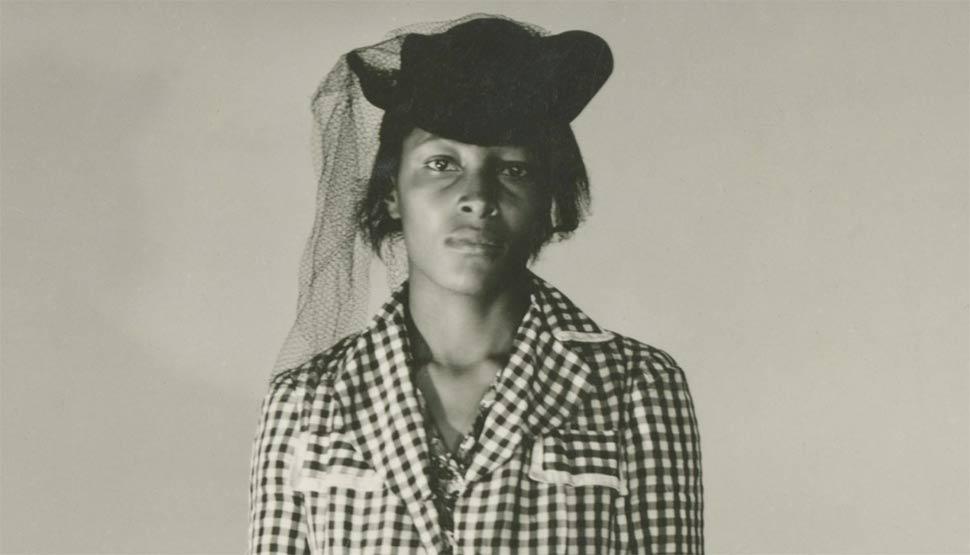USA / 91’
language English
as themselves Robert Corbitt, Alma Daniels, Crystal Feimster, Esther Cooper Jackson, James Johnson II, Danielle L. McGuire, Chris Money, Larry Smith, Recy Taylor
cast Thomas Bernardi, Tom Gibbs, Jack Kyser, John L. Payne, Cynthia Erivo
screenplay Nancy Buirski
cinematographer Rex Miller
editor Anthony Ripoli
sound Wes Morgan, Donald Hooper, Keith McManus, Ryan King
Nancy Buirski - The Rape of Recy Taylor

Synopsis
Recy Taylor, a 24-year-old black mother and sharecropper, was gang raped by six white boys in 1944 Alabama. Common in Jim Crow South, few women spoke up in fear for their lives. Not Recy Taylor, who bravely identified her rapists. The NAACP sent its chief rape investigator Rosa Parks, who rallied support and triggered an unprecedented outcry for justice. Our film exposes a legacy of physical abuse of black women and reveals Rosa Parks’ intimate role in Recy Taylor’s story. An attempted rape against Parks was but one inspiration for her ongoing work to find justice for countless women like Taylor. The 1955 bus boycott was an end result, not a beginning.
More and more women are now speaking up after rape. Our film tells the story of black women who spoke up when danger was greatest; it was their noble efforts to take back their bodies that led to the Montgomery bus boycott and movements that followed. The 2017 Global March by Women is linked to their courage. From sexual aggression on ‘40s southern streets to today’s college campuses and to the threatened right to choose, it is control of women’s bodies that powered the movement in Recy Taylor’s day and fuels our outrage today.
Director’s Statement
I’m often asked why I, as a white filmmaker, chose subjects dealing with race. A black female director will have a very special take on the story of a black woman raped in 1944. That story will be told differently than the way I tell it; I don’t live in a black woman’s skin. But I believe these stories should be told again and again, and that there may be value in my difference. Race is The American Story; as a white person I inherit complicity in what happened to African-Americans in our country. I am passionate about telling Recy Taylor’s story, as I was in The Loving Story—compelled by empathy and responsibility and a need to expose shameful history.

